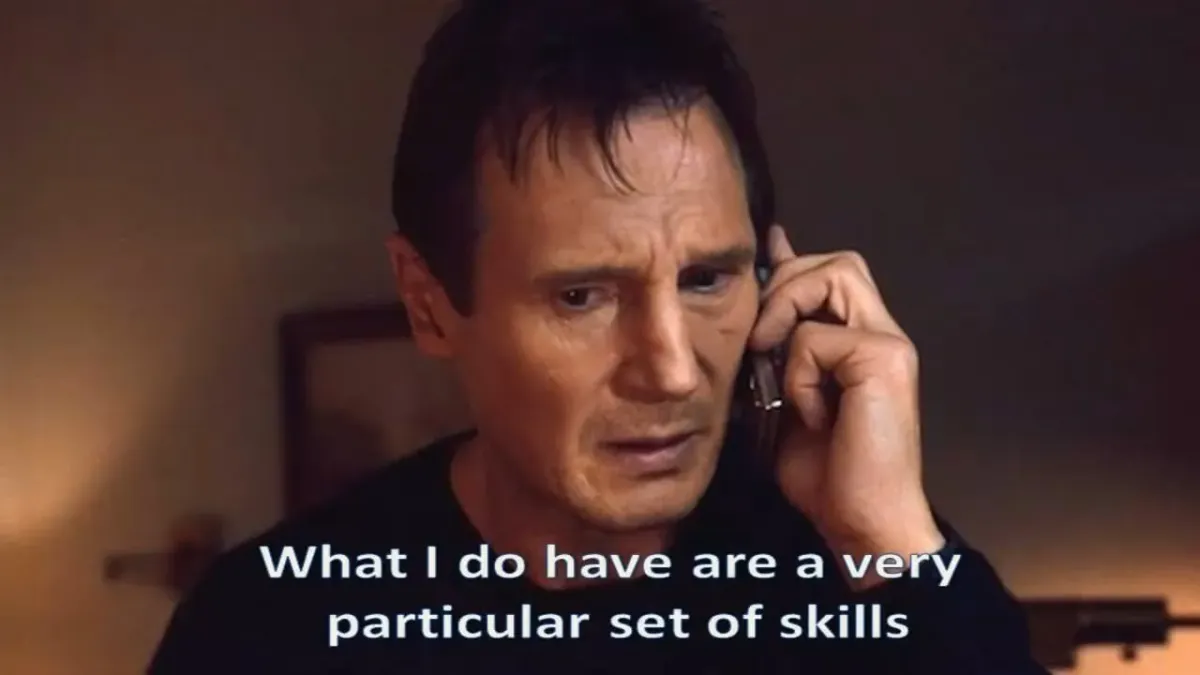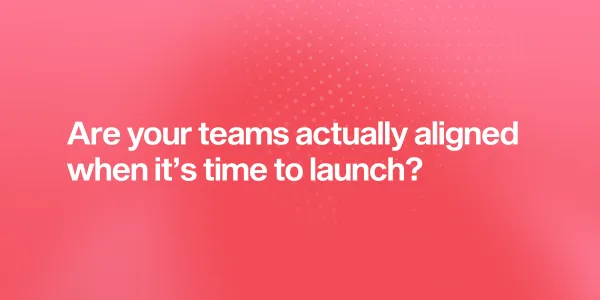How to Nail Your Business Pitch

There are plenty of reasons why people network with each other. It allows you to meet new people, to learn, to teach, maybe just to look cooler. More than anything, it allows you to collaborate on something bigger, with people you like. But how to prove that you’re an expert in what you do, and therefore worthy of a collaboration?
Embrace your skill set
We’re so used to our own skills that we sometimes assume everyone has them. This makes us have tunnel vision, thinking we’re only capable of a few things.
Maybe you are a software architect, who has the ability to create complex information systems. Or you might be an accountant who analyses large amounts of data efficiently. Perhaps you are a UI designer with a knack for product branding and visual experience.
Is this really all you can do, though? Each one of us has a much broader set of skills, and some of them are pushed into the spotlight but many are left in the background. Being able to drive a vehicle is a very important skill. Just ask those who don’t own a driving licence. Empathy is a skill. It’s not just about putting yourself in the shoes of another person, it’s much more complex — it involves analysing the tone of the voice, hand gestures, the way the person spoke last time you met and many, many other factors. Being able to play a musical instrument is a skill. Speaking another language is a skill. Being able to write or speak eloquently is a skill. Leadership is a skill. Sales is a skill, but salespeople are so used to it that they forget how much sophisticated it is.
Be aware of your skill set, and don’t assume everyone has your skill. Write a list of all of your skills and study it. Your skill set is your ammunition, so arm yourself properly before you start pitching.
Give example of your expertise

Just saying you’re good at something isn’t enough. You need to give concrete example. You must be able to describe a situation where your skill set solved a problem, and what the outcome was. Don’t focus on the problem, but on how you solved it.
Keep in mind, you should never make it sound easy, like anyone could do it. You need to explain why it was difficult. What your challenges were. How you overcame them. And you have to be ready to prove your success. Remember the skill formula:
Skill = Challenge + Solution + Outcome
Most of the people say what they did in their business pitch, but few describe how they did it. You need to provide details. Preparation is the key to success here, as coming up with all of this information on the spot is very difficult to do. That’s why you need to have your story ready beforehand. And don’t think that telling all this is bragging or arrogant, because after all, you actually did it. You’re not saying you’re the best there is in your field, you are simply describing how you solved a problem. You must know what you want, what you offer, and be able to explain it clearly to the other person.
So, your pitch should have a well-defined structure:
- What you did
I led a team that developed a social media app that reached 10K users within the first three months of launching the product on the App Store and Google Play Store. - How you did it
The mobile app was developed in React Native because it had been planned to look and behave the same on iOS and Android, and after some research I concluded that React Native was more than capable to handle all the required functionalities, reducing costs and developer time that would undoubtedly be much larger in case of developing separate native iOS and Android apps. As I have several published apps and 3-year experience in React Native, most of the required features were developed pretty quickly, which allowed fast iterations and testable prototypes after just a week of coding. - What were the challenges
The biggest challenge was figuring out what the customers really wanted from the platform and avoiding becoming just another re-skin of popular social media apps such as Instagram. This was accomplished by doing extensive user research which included user interviews and A/B testing processes. Another challenge was having to handle frequent redesigns and changes in the app logic in the early MVP phase where we experimented a lot with different features while we were learning about our users’ needs. This was resolved by thinking ahead and building a robust code architecture from the very beginning and providing working prototypes of the app for user testing every few days. - Proof of your success
The product was featured on various internet portals including The Independent, Reader’s Digest, Forbes and TechEconomy. Based on user surveys, 70% of the users of the product have voted that they use the app on a daily basis.
While doing a pitch, never say “we”, say “I”. The person you’re talking to doesn’t care about “them”, they are most interested in what you did. After all, it’s you they are talking with, and not somebody who they haven’t even met. It is you who they will ask questions. If you are representing a company, of course you will eventually make that clear later in the conversation, but everything begins with your own story.
“What’s your biggest challenge?”

One thing you definitely don’t want to do is sound boring to the person you’re talking to. Even if you are a champion in your business, it might not be what the person you’re talking to is interested in at all. That’s why it is extremely important to learn about them first.
After introducing yourself and learning a bit about their company, just ask the magic question: “What’s your biggest challenge?” And listen carefully to what they have to say.
Everybody likes talking about themselves, and everyone likes bringing up their own problems. It’s human nature. Pay attention to the answer and listen for the key words. Try to figure out where one of your skills can prove to be useful. If you can’t find a match right away, try to steer the conversation towards your skills. For example, if you are working in HR, you can say something like “Oh working with people is difficult!”.
If you are a Site Reliability Engineer and you’re talking with someone who has a tech startup, ask about their infrastructure, building processes and automation. Try to dig out how they can benefit from your services. If they don’t need help right now, they might in the future. Or they can recommend you to someone who does. In the end, you can at least give some advice.
However, if there is absolutely no match between your skills and their needs, there is still one more thing you can do, and that is to…
Use your network

Do you already have a network of people you know are good at a specific field? Of course you do. Everybody does. But are you using your network? Probably not.
You need to know your own network well so you can recommend a person who would be perfect for the job you don’t have the skills for. This will help you deepen your bonds with both the person who has a problem and the person who will solve it. It’s a win-win scenario, so use your referrals and grow your network!
Build trust

The most important rule is: Don’t look desperate. People can smell it from a mile away, and nobody wants to hear another story of “Please give me money”. Everybody wants money, everybody wants funding and they want it now. But the worst approach you can take is to try to persuade the other side to work with you.
What you should do instead is show interest in your companion. Listen. Ask them about their challenges. Care about their problems. Listen. If they are complaining about how hard it is to find customers, empathise with them. Say “Yeah, it must suck!”. Build trust, one small step at a time. Each time you empathise and show genuine interest, you are one step closer to doing business with this person. Long term relationships based on trust are the ones that have the highest potential of success.
Ask questions you are really interested in and be open. This way, even if there is no chance of collaboration right now, you have one more acquaintance you can revisit sometime in the future, and a strong business opportunity. And if that doesn’t happen either, you still had some good practice in networking. Yes, networking is also a skill and it needs practice!
As for the follow-up, there really are no strict rules. You can tell them you’ll keep in touch and contact them because you indeed have a solution for their problem. It’s not super important whether you organise a follow-up meeting the day after or a week after. If you had a good conversation and a relationship based on trust has been formed, and if you really can solve their problem, they will be happy to do business with you.
The worst thing you could do is assume that you will never see this person again if you part ways today. While you’re talking to them, they should be the most important person in your life. Again, what creates the biggest bond is showing interest that has nothing to do with work.
With that said, prepare your pitch and go out there to network! 😊



